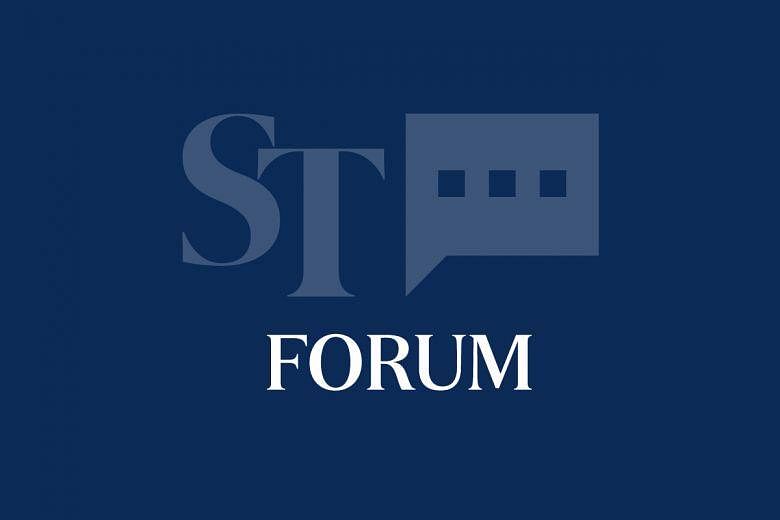Mr Peh Chwee Hoe made astute observations regarding the interest rate transmission mechanism of monetary policy (Lower interest rates not necessarily good, Feb 29).
The United States stock market experienced a sell-off in sceptical response to the recent surprise cut in interest rate by the Federal Reserve. Closer to home, the Reserve Bank of Australia just cut the cash rate to a record low of 0.5 per cent, but observers agree that this monetary manoeuvre may be of little help.
It still merits mentioning that central banks' slashing of interest rates during the 2008 global financial crisis prevented it from deteriorating into a depression only because the economic circumstances then - which were financial - were different from the economic circumstances now - supply and demand shocks - which are precipitated by the Covid-19 outbreak.
On the supply side, there are the disruptions to China's factory output - China's purchasing managers' index reading of 50 in January fell to 35.7 last month - owing in no small part to the unprecedented quarantine and factory closure measures imposed in China. We can better appreciate the gravity of what this means when we consider that China is the epicentre of global manufacturing activity, and is the major drive sprocket of global supply chains.
On the demand side, interruptions to supply inevitably translate into reduced demand, which is further compounded by both the evident impact that Covid-19 is having on consumer activity and the inter-connectedness and complexity of global supply chains. And without demand, there will continue to be no supply.
The logical conclusion, therefore, is that the current growing economic maelstrom triggered by Covid-19 will end only when the epidemic has been resolved. Until then, the efficacy of monetary policy will be crimped.
Woon Wee Min

